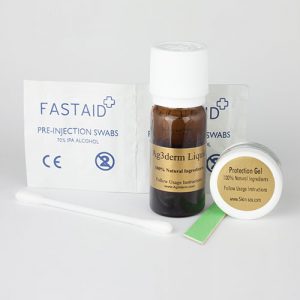Keratosis Removal And Medical Insurance
More and more people nowadays are becoming more a conscious about how they look. This is strongly manifested on the existence of different skin care products available in the market. Yet, you should never discount the fact that cases of skin problems are also increasing. This could be because people are misinformed about the dangers of using them.
Take for example the skin condition called keratosis. This happens when the keratin develops on your skin’s outer layer called epidermis. Until now, development of keratin is unknown. Keratosis comes in different types with a number of treatments available. For example, keratosis pilaris is very common and treatment can either be natural or with the use of chemical product. But, how about the other types of keratosis, will medical insurance cover these treatments?
Before going for any medical treatment for keratosis, figure out first what your medical insurance does and doesn’t cover. Take note of the “Exclusions” part which states certain exceptions of medical procedures, conditions and injuries for which the policy never give any benefits.
For instance, treatment for severe cases of actinic keratosis requires comprehensive medical procedure such as biopsy. This is done because actinic keratosis could aggravate into skin cancer. Medical practitioner suggests surgery in cases of hom-like, thickened AK and done under the care of anesthetic. It could be removed using the instrument called curette or cut off once the doctor suspect the development of skin cancer.
On the other hand, doctors may use several methods in treating seborrheic keratosis like freezing the skin using liquid nitrogen. This procedure is known as cryosurgery. Some also use curettage, which involves scraping the surface of the skin with special instrument. Another method is ablation, vaporizing the growth with laser. Lastly, electrocautery may be suggested which involve burning the growth with electric current. An important reminder though that majority of insurance companies as well as Medicare do not pay seborrheic keratosis removal if done solely for cosmetic purposes. Usually though, medical procedures are encourage to patients if they suffer infection, inflammation, pain, intense itching and bleeding.
So, before starting any medical treatment, consult with your doctor first if procedures are badly needed and ascertain if it will be covered by your Medicare policy. Remember, these procedures are costly and with the assistance provided by your health insurance policy, you will not find yourself facing financial trouble. Give it a thorough consideration before going into it.
 Recent Keratosis Articles:
Recent Keratosis Articles:
Problems Caused By Keratosis
Keratosis Removal Do’s & Dont’s

